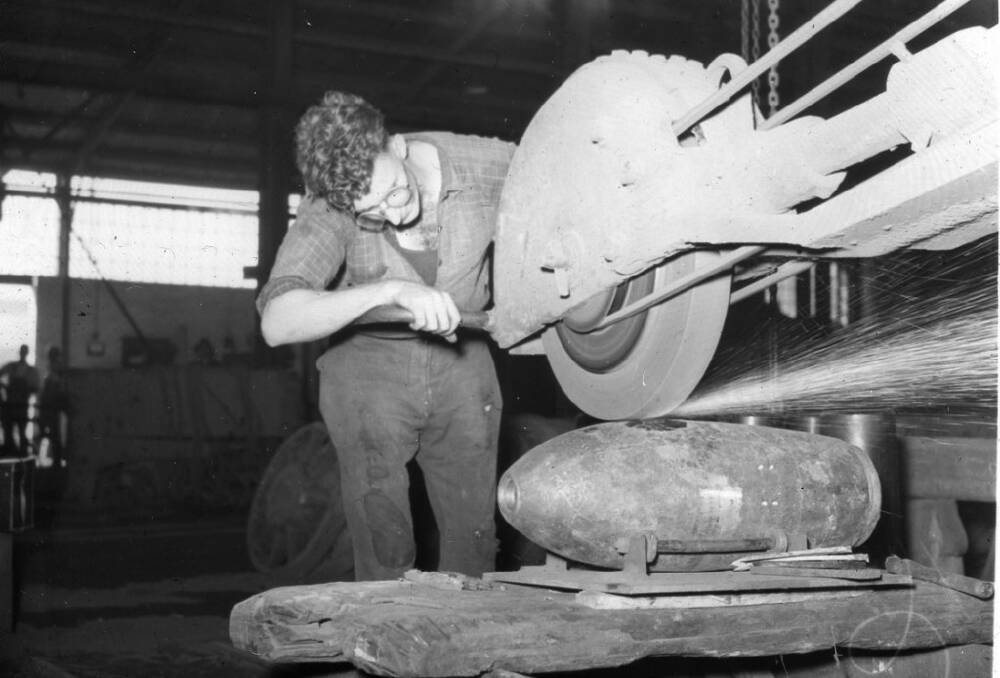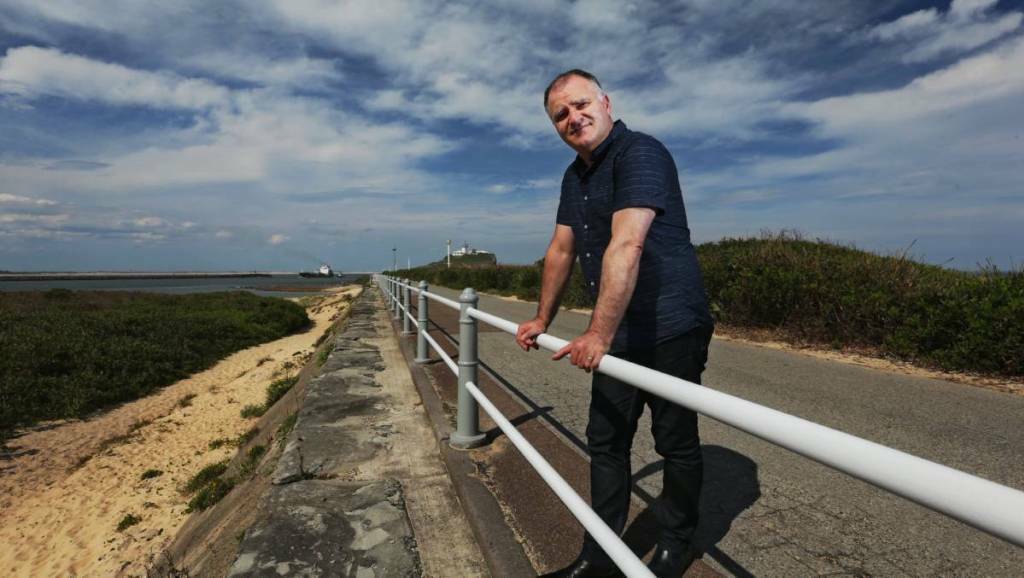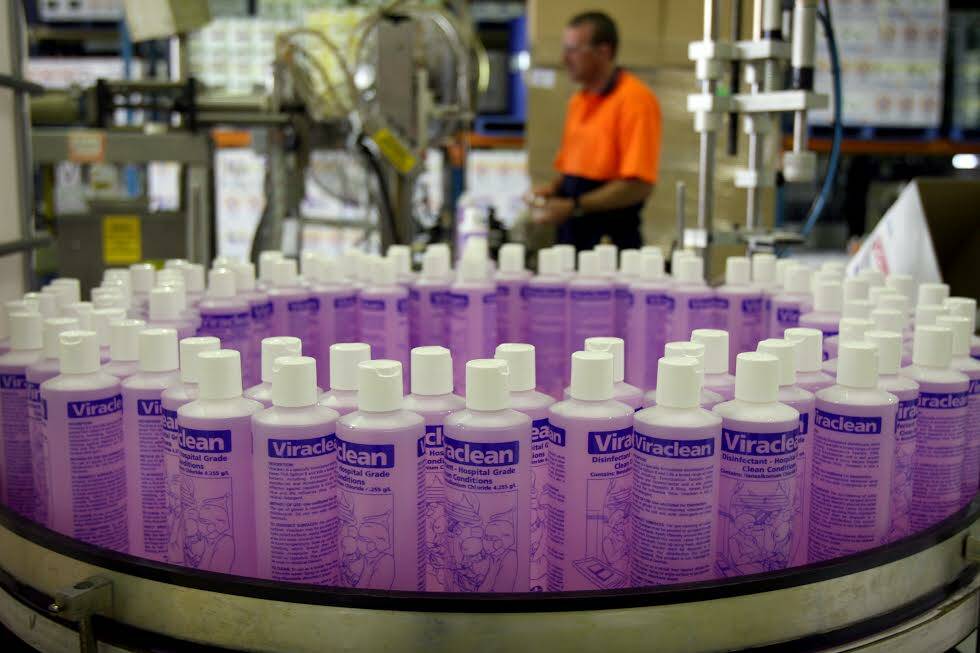
A rallying call has gone out to make the Hunter a national manufacturing and supply hub for products needed during and after the COVID-19 pandemic.
Subscribe now for unlimited access.
$0/
(min cost $0)
or signup to continue reading
Known as 'Fortress Newcastle', the campaign seeks to bring together the region's small and large businesses and institutions in a united front similar to what happened during World War II.
"In these troubling times, can Newcastle industry, as it did in World War II, re-tool and manufacture what the world needs right now?," the University of Newcastle's Hunter Living Histories group chairman Gionni DiGravio said.

"We are at war with a virus, and rather than shutting down, do we need to be tooling up to fight this thing (coronavirus) instead?"
Newcastle's steel-making, fabrication and engineering industries provided the backbone of Australia's wartime effort.
The demand required many existing businesses to refocus their output to produce goods needed to fight the war.
But rather than military equipment, medical supplies such as ventilators, masks, gowns and hand sanitisers are now in acute demand.
"A whole range of new products were developed and produced (during World War II). Everything the nation needed in short time," Newcastle Industrial Society Chairman Bob Cook said.
"The national importance of this manufacturing was protected by the largest military force in Australia's history. It became known as fortress Newcastle.
"The industries of Newcastle contributed to saving Australia. We did it then and we need to do it again, right now."
In addition to manufactured goods, retraining people to work in social services such as childcare for essential healthcare workers, counselling and food delivery for vulnerable people are also needed.
Fortress Newcastle is backed by the Hunter Business Chamber, which has encouraged the region's businesses to shift their focus to the provision of goods and services that are in high demand.
"The Hunter has a diverse and advanced manufacturing sector and there is doubtless capacity for our manufacturers to play a greater role in meeting the country's needs at this time," chief executive Bob Hawes said.
"The region has a demonstrated capacity to innovate and adapt and this challenge, while intense and sudden, will be a good test of how nimble our industry sector can be."
The chamber has also encouraged businesses to register with the Department of Industry, Science, Energy and Resources if they have capability to produce required medical goods and equipment.
Tomago-based medical supplies company Whiteley Corporation is in the process of doubling its workforce and is operating for 12 rather than eight hours a day to meet "skyrocketing" demand for cleaning and disinfecting products.

The company's customers include Qantas that uses a hospital-grade disinfectant, Viraclean, to clean its aircraft that arrive from overseas.
The pink, lemon-scented liquid kills a range of bacteria and viruses including Hepatitis B and herpes simplex.


